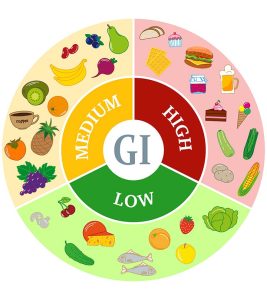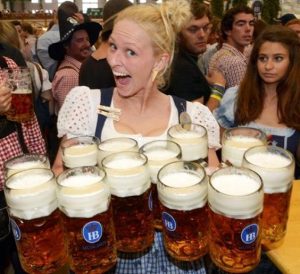※Translated with Notion AI. (Plus version)
Up until now, I have discussed the history of beer in Japan, its name’s origins, and the “misunderstandings and prejudices” against beer.
Finally, I hope you can gain a new understanding of beer from a medical perspective.
Generally, it’s often said that high sugar content leads to weight gain, but that’s not always the case.
Let’s clear up some “misunderstandings and prejudices” about beer.
Certainly, beer contains a lot of sugar. For example, a commercial highball can (350ml) has 0-1g of sugar, while the same amount of beer has over 10g.
However, what’s important here is the “GI value.”

The GI value indicates how much blood sugar levels rise when consuming food.
A high GI value means blood sugar levels are likely to spike rapidly.
A common misconception is that “since beer has a lot of sugar, its GI value must be high,” but the relationship isn’t that simple.
The GI value of food varies depending on its composition and how it’s consumed.
So, not just the amount of sugar, but the speed of its digestion and absorption is important.
Simply thinking, “Beer has a lot of sugar, so its GI value must be high,” is as baseless as thinking, “A person looks bad, so their personality must be bad.”

Let’s explain it concretely.
Among alcoholic beverages, “beer is an honor student”







